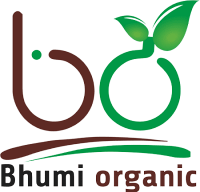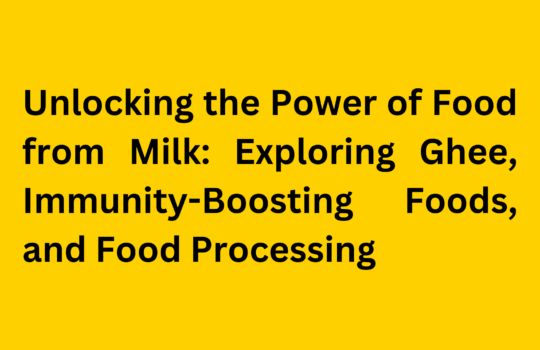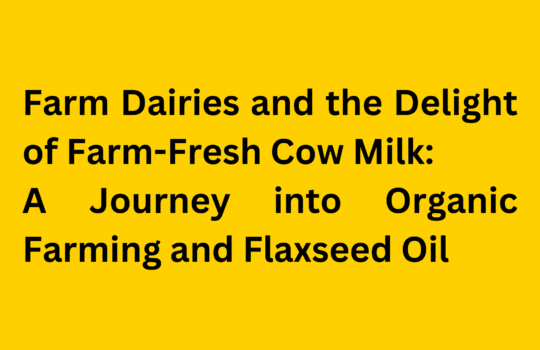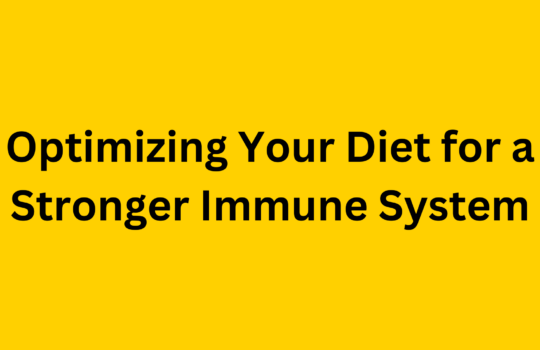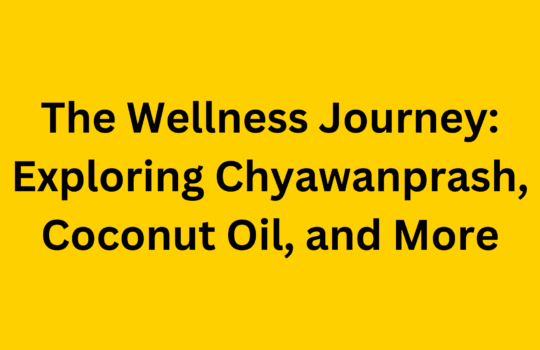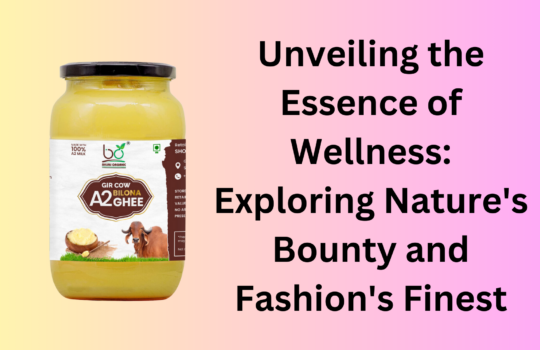Food facts: organic vs. non-organic
Organic and non-organic foods differ in various aspects, including farming practices, environmental impact, nutritional content, and pesticide use. Here are some food facts comparing organic and non-organic produce:
- Farming Practices:
Organic: Organic farming avoids synthetic pesticides, herbicides, and genetically modified organisms (GMOs). It emphasizes sustainable practices, crop rotation, and the use of natural fertilizers.
- Non-organic: Conventional farming may use synthetic pesticides, herbicides, and GMOs. It often relies on chemical fertilizers for crop production.
- Pesticide Residues:
- Organic: Organic foods generally have lower pesticide residues than non-organic foods due to the restricted use of synthetic pesticides.
- Non-organic: Conventional farming may involve the use of synthetic pesticides, and residues of these chemicals can be found on some non-organic produce.
- Nutritional Content:
- Organic: Some studies suggest that organic produce may have slightly higher levels of certain nutrients and antioxidants. However, the overall nutritional differences between organic and non-organic foods are still a subject of research.
- Non-organic: Non-organic foods can still be nutrient-dense, but their nutritional content may be influenced by factors such as soil quality and farming practices.
- Environmental Impact:
- Organic: Organic farming practices focus on sustainability, biodiversity, and soil health. They tend to have lower environmental impacts, including reduced soil erosion and water pollution.
- Non-organic: Conventional farming may have a higher environmental impact due to the use of synthetic chemicals, potential soil degradation, and the risk of water contamination.
- Antibiotic Use:
- Organic: The use of antibiotics in organic animal farming is restricted. Animals raised organically are typically not treated with antibiotics routinely.
- Non-organic: In conventional animal farming, antibiotics may be used for disease prevention and growth promotion.
- GMOs:
- Organic: Organic foods prohibit the use of genetically modified organisms (GMOs).
- Non-organic: Some conventional crops, particularly in large-scale agriculture, may be genetically modified for traits like resistance to pests or herbicides.
